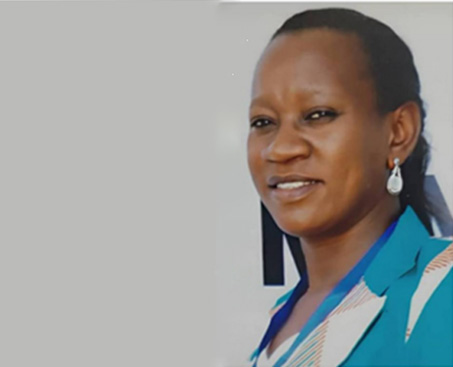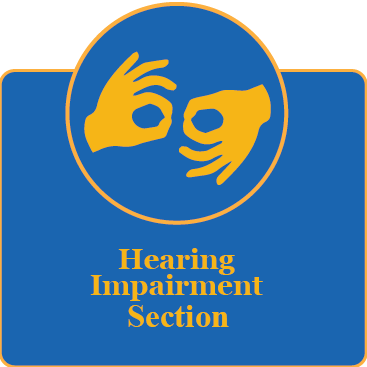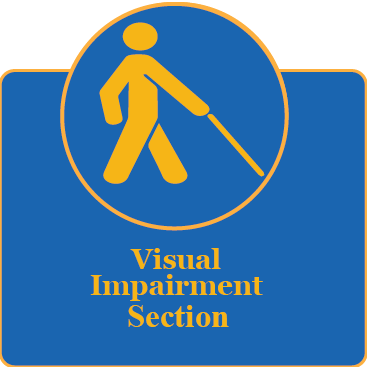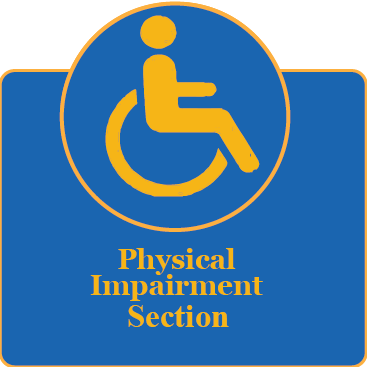Message from the Manager
I am delighted to extend a warm welcome to all staff and students with disabilities at the University of Dar es Salaam Centre for Disability Services (UDSM-CDS). Currently, we are privileged to offer support services to approximately 20 staff members and 164 students with Special Needs from all the Colleges, Schools, Institutes, and Directorates of the University of Dar es Salaam. Among the 164 students, 19 are postgraduates, and 145 are undergraduates. Our primary objective is to ensure that each individual receives appropriate support services to thrive academically and professionally aiming to promote inclusivity and equal participation in the learning and working environment.
We provide support services to all staff and students with various disabilities, including:
- Total blindness
- Low vision
- Total deafness
- Hard of hearing
- Deaf-blindness
- Albinism
- Physical impairment
- Chronic health conditions
We also offer services to students facing temporary medical conditions or injuries resulting from accidents that may necessitate accommodations within the campus or special arrangements during examinations. Our services vary for each staff member or student depending on the nature and severity of their disability as well as their unique learning or working needs. For instance, staff and students with severe physical impairments receive support with wheelchairs and tricycles to facilitate their mobility, while individuals with total blindness receive teaching and learning materials, as well as examinations in accessible formats, among other services. Similarly, those with total deafness benefit from sign-language interpretation to enhance the accessibility of oral information.
As the CDS, we are honored to be the first centre in Tanzania providing support services to staff and students with special needs in higher learning institutions. We consider it a privilege to contribute to the achievement of educational goals for many graduates with special needs.
To all academic, administrative staff, and service providers, I would like to emphasize that disability is not inability. Individuals with disabilities possess unique capabilities, just like those without disabilities. Therefore, we should focus on their abilities rather than their disabilities, aiming to enhance inclusivity in service provision. Also, disability should be perceived as an opportunity to diversify our services, rather than as a barrier.
To the staff and students with special needs, it is important to remember that people hold different attitudes and perceptions towards disability. Instead of allowing negative attitudes from society to affect you, it is crucial to focus on your own capabilities. You have the power to use society's negative attitudes as an opportunity to educate them and demonstrate your abilities, thereby working towards changing society's perception of people with disabilities.
Once again, I extend a warm welcome to each and every one of you to the University of Dar es Salaam Centre for Disability Services. Together, let us strive towards a future where every individual, regardless of their disability, can thrive, reach their full potential, and make valuable contributions to the society while also fostering understanding and respect of diversity among the wider University community.
Dr. Sarah Ezekiel KisangaManager, UDSM Centre for Disability Services
About UDSM-CDS
Historical Background
The University of Dar es Salaam Centre for Disability Services (UDSM-CDS) was established in November 2022, in accordance with section 4.1.3 (i) of the University of Dar es Salaam Policy on Disability and Special Educational Needs of 2022. Although UDSM-CDS is a new name, it has been actively operating since 1978 as the Special Education Needs Unit (SENU), which was subsequently upgraded to a standalone centre for disability services. The primary objective of UDSM-CDS is to provide appropriate support services to both staff and students with various disabilities, thereby promoting inclusivity and equal participation within the learning and working environment.
The Centre extends support to all staff and students with special needs, including those with hearing and visual impairment, physical impairment, albinism, and other chronic health conditions. It also caters to students facing temporary medical conditions or injuries that may require accommodations. UDSM-CDS also actively engages in consultations with staff and students who demonstrate characteristics associated with specific disabilities.
Sections and Support Services under UDSM-CDS
Hearing Impairment Section
This section is responsible for assessing the disability status of staff and students reported to have hearing impairment. Additionally, the section coordinates the orientation and accommodation of students with hearing impairment. It further oversees the provision of academic and other support services, such as sign language interpretation for staff and students with hearing impairments, as well as the provision of note-takers and assistive devices for students in need. The section also conducts sign language training within and beyond the UDSM community.
Visual Impairment Section
The visual impairment section assesses the disability status of staff and students reported to have visual impairment, and provides orientation and accommodation for students with low vision, total blindness, and albinism. It offers academic and other support services, including the preparation of teaching and learning materials, and accessible format examinations. The section also provides training on the use of assistive technology/devices for staff and students with visual impairment and albinism. Moreover, personal assistants (readers or human guides) are provided to staff and students with visual impairment.
Physical Impairment Section
This section coordinates the assessment of disability and health status for students and staff reported to have physical impairment and/or chronic health conditions.
This section is responsible for assessing the disability status of staff and students reported to have hearing impairments. Additionally, the section coordinates the orientation and accommodation of students with hearing impairments. It further oversees the provision of academic and other support services, such as sign language interpretation for staff and students with hearing impairments, as well as the provision of note-takers and assistive devices for students in need. The section also conducts sign language training within and beyond the UDSM community.
The visual impairment section assesses the disability status of staff and students reported to have visual impairments, and provides orientation and accommodation for students with low vision, total blindness, and albinism. It offers academic and other support services, including the preparation of teaching and learning materials, and accessible format examinations. The section also provides training on the use of assistive technology/devices for staff and students with visual impairments and albinism. Moreover, personal assistants (readers or human guides) are provided to staff and students with visual impairments.
This section coordinates the assessment of disability and health status for students and staff reported to have physical impairments and/or chronic health conditions. Support services for this category include the provision of personal assistants to those who require assistance with mobility, learning, or work-related tasks.





